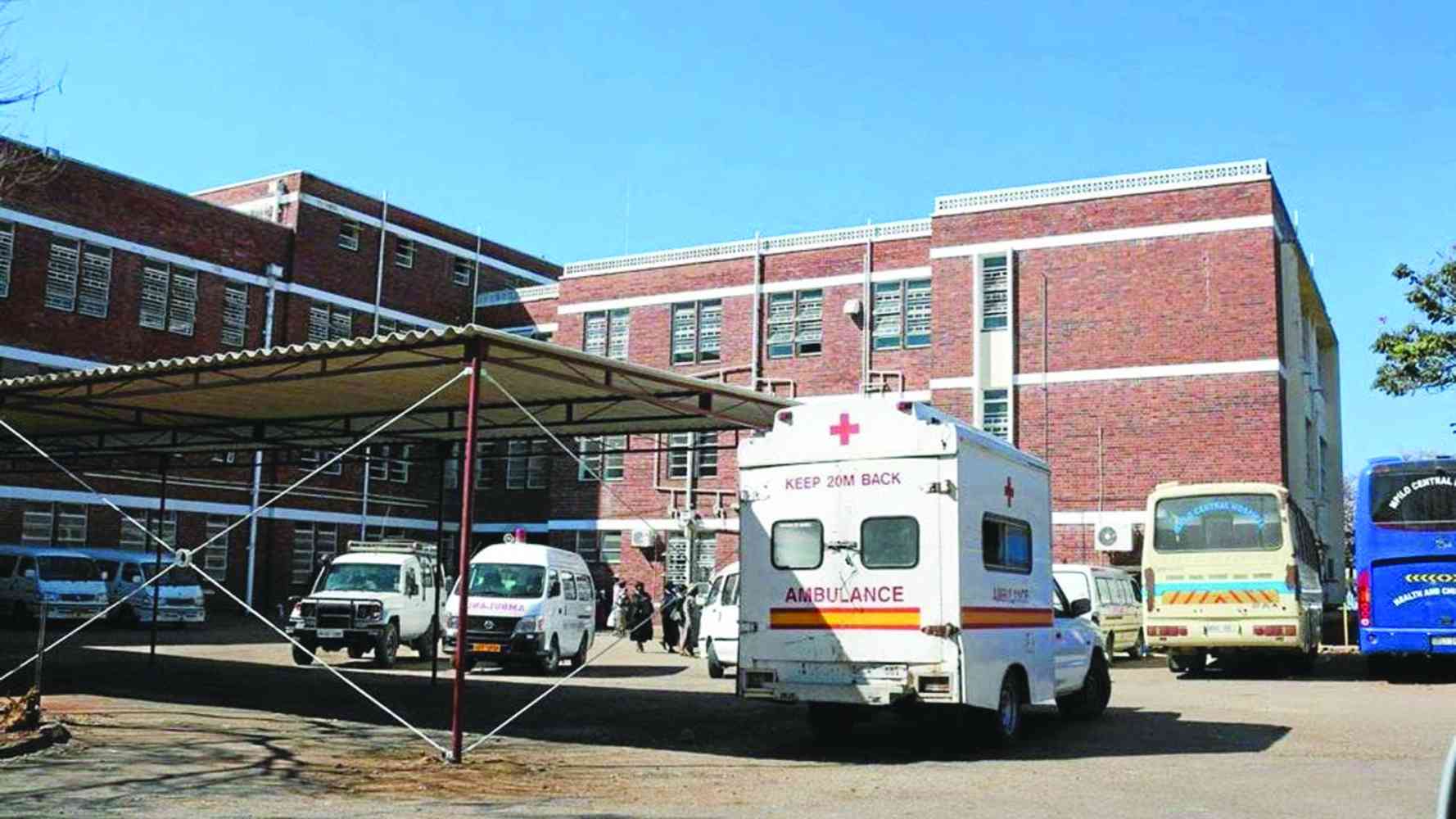
ZIMBABWE’S healthcare system is in shambles, with public hospitals struggling to provide basic services, let alone quality cancer care, a parliamentary report has revealed.
The Parliamentary Portfolio Committee on Health and Child Care revealed a severe lack of functional equipment, including critical radiotherapy machines at Mpilo Central (pictured) and Parirenyatwa Group of hospitals.
A dire shortage of skilled personnel and resources has exacerbated the situation, making it difficult for hospitals to provide essential treatment services.
At Mpilo Central Hospital, only seven out of 14 renal treatment machines are operational, significantly limiting access to life-saving dialysis treatments.
“The committee toured the health facilities (in 2024) and were alerted to the various challenges that had militated against their capacity to efficiently and effectively provide quality cancer and non-communicable diseases treatment and management services,” the report released this week reads in part.
The findings highlight that radiotherapy machines at both Mpilo and Parirenyatwa have been non-functional since 2021.
At Parirenyatwa, one of the two brachytherapy machines, is down due to the exhaustion of Cobalt 60 radioactive sources, which require replenishment. Additionally, the linear accelerators, essential for targeted cancer treatments, have been non-functional for two years, severely affecting cancer care services.
“At Mpilo Central Hospital, the situation was similarly dire, with only seven out of 14 renal treatment machines operational, reducing the hospital’s capacity to provide necessary dialysis treatments,” the report reads in part.
- MPs urge Chiwenga to probe corruption, abuses at hospitals
- Mpilo doctors’ quarters rehab complete
- Crocodile attack victim recounts horror encounter
- Mpilo turns away cancer patients
Keep Reading
The mammogram machine donated to Mpilo hospital by the National Aids Council for breast cancer screening is out of service, halting early detection efforts.
The mobile X-ray unit is also down, causing significant delays in surgical procedures for children who require timely diagnostic imaging for effective treatment.
“More so, although the laboratory services were fairly equipped with essential diagnostic tools, they suffered from an erratic supply and availability of key reagents,” the report stated.
“This inconsistency disrupted routine diagnostic testing and delayed critical medical investigations, undermining the overall efficiency of the hospital’s healthcare delivery system.
“Consequently, the combination of out-dated and malfunctioning equipment, coupled with supply chain issues, paints a challenging picture for the hospitals’ ability to deliver timely and effective patient care.”
The committee was also informed of a significant exodus of skilled personnel to better-paying jobs abroad. Many health facilities are operating below optimal levels due to shortages of radiographers, medical physicists, and nuclear medicine physicians.
The increased workload, coupled with rapid advancements in medical technology, necessitates continuous professional development, but limited funding restricts training opportunities.
This gap leaves many healthcare workers ill-equipped to keep pace with new treatment protocols. Further compounding the crisis is Zimbabwe's underfunded public health sector, which heavily relies on government allocations and external donor support.
“The limited national budget had resulted in insufficient funding for hospitals, medical supplies, infrastructure maintenance, and staff salaries,” the report said.
“Moreover, the hospitals bemoaned the inconsistent disbursements and the large discrepancies between the allocated and the disbursed funds.
“This situation has led these health facilities to struggle to offer and maintain essential services and/or invest in advanced medical technologies and comprehensive training programmes for healthcare workers.”










